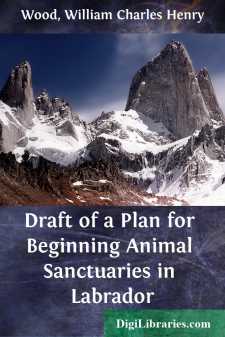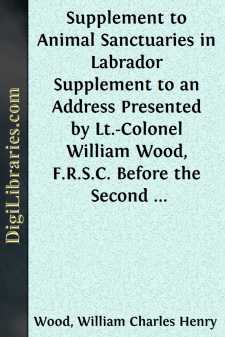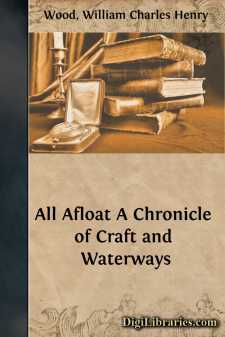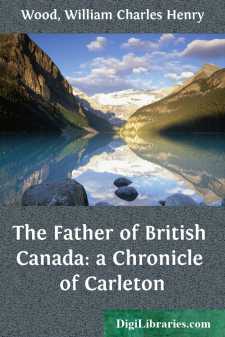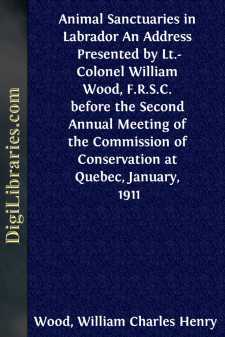Categories
- Antiques & Collectibles 13
- Architecture 36
- Art 48
- Bibles 22
- Biography & Autobiography 813
- Body, Mind & Spirit 142
- Business & Economics 28
- Children's Books 17
- Children's Fiction 14
- Computers 4
- Cooking 94
- Crafts & Hobbies 4
- Drama 346
- Education 46
- Family & Relationships 57
- Fiction 11829
- Games 19
- Gardening 17
- Health & Fitness 34
- History 1377
- House & Home 1
- Humor 147
- Juvenile Fiction 1873
- Juvenile Nonfiction 202
- Language Arts & Disciplines 88
- Law 16
- Literary Collections 686
- Literary Criticism 179
- Mathematics 13
- Medical 41
- Music 40
- Nature 179
- Non-Classifiable 1768
- Performing Arts 7
- Periodicals 1453
- Philosophy 64
- Photography 2
- Poetry 896
- Political Science 203
- Psychology 42
- Reference 154
- Religion 513
- Science 126
- Self-Help 84
- Social Science 81
- Sports & Recreation 34
- Study Aids 3
- Technology & Engineering 59
- Transportation 23
- Travel 463
- True Crime 29
Draft of a Plan for Beginning Animal Sanctuaries in Labrador
Categories:
Description:
Excerpt
I. RECAPITULATION.
The original address on Animal Sanctuaries in Labrador was published in the spring of 1911. The Supplement was published in the summer of 1912. The present Plan, or Second Supplement, is now being submitted for consideration to the Fourth Annual Meeting of the Commission of Conservation at the beginning of 1913.
These papers are published for free distribution among those who are interested in the preservation of wild life. They are to be obtained on application to The Secretary, Commission of Conservation, Ottawa, Canada. But both the Address and Supplement are almost out of print.
Communications on the subject itself should be addressed direct to me:—Colonel Wood, Quebec, Canada.
I gladly take this opportunity of thanking the many experts whose kind help has given my papers whatever real value they possess. Some of these experts have never been called so in their lives, and will be greatly astonished to find that they are called so now. But when I know they are the thing, why should I hesitate about the name? In any proper meaning of the word there are several first-class "experts" among my friends who go fishing, sealing, whaling, hunting, trapping, "furring" or guiding for their livelihood. And I hereby most gratefully acknowledge all I have learnt during many a pleasant day with them, afloat and ashore. The other kind of experts, those who are called so by the world at large, have been quite as generous with their information and advice. In fact, they have been so very generous that perhaps I should call myself the editor, rather than the author, of the Supplement, as more than half of it is occupied by extracts from their letters concerning the Address.
It might be as well to restate the argument of this Address in the fewest possible words.
An eagerly exploiting people in an easily exploited country, we are only too apt to live on the capital of all our natural resources. We are also in the habit of developing one thing at the expense of everything else connected with it. The value of these other things often remains unrecognised till too late. For instance, reckless railways burn forests which ensure a constant flow of water for irrigation, navigation, power plant, and fish, besides providing wood for timber and shelter for bird and beast. The presence of a construction gang generally means the needless extermination of every animal in the neighbourhood. The presence of mills means the needless absence of fish. And the presence of ill-governed cities means the needless and deadly pollution of water that never was meant for a sewer. The idea is the same in each disgraceful case. It is, simply, to snatch whatever is most coveted for the moment, with least trouble to one's self, and at no matter what expense to Nature and the future of man. The cant phrase is only too well known—"Lots more where that came from". Exploitation is destroying now what civilisation will long to restore hereafter. This is lamentably true about material things. It is truer still about the higher than material things. And it is truest of all about both the material and higher values of wild life, which we administer as if we were the final spendthrift heirs and not trustees.
Animal sanctuaries are places where man is passive and the rest of Nature active. A sanctuary is the same thing to wild life as a spring is to a river. In itself a sanctuary is a natural "zoo". But it is much more than a "zoo". It can only contain a certain number of animals. Its surplus must overflow to stock surrounding areas. And it constitutes a refuge for all species whose lines of migration pass through it. So its value in the preservation of desirable wild life is not to be denied. Of course, sanctuaries occasionally develope troubles of their own; for if man interferes with the balance of nature in one way he must be prepared to interfere in others. But all experience shows that an easily worked system will ensure a maximum of gain and a minimum of loss.
Up till quite recently Nature had her own animal sanctuaries in vast and sparsely settled lands like Labrador. But now she has none. There is no place left where wild life is safe from men who use all the modern means of destruction without being bound by any of the modern means of conservation....


